Brazil is fractured like never before
In wartime you don’t clean weapons
Portuguese folk wisdom
1. Lula got an average of 44.5% of positive mentions during Sunday night debate, Bolsonaro got 36.5%. This is the measurement that matters: the repercussion of the debate. In a technical analysis, Lula won the first round by a large advantage, with a devastating denouncing of the government’s irresponsible response to the pandemic. He tied in the second block, when the journalists made the questions. He lost in the third, due to the lack of time control. Lula, correctly, decided not to lower the level of the debate, but he couldn’t give a straight response about corruption. Bolsonaro, as was predictable, went down to the bottom of the “anything goes”: he used his body to try to intimidate Lula, repeated exhaustively that PT stole from Petrobras, abused the demagogic slogans against abortion, gender ideology and the legalization of drugs, and tried to terrorize with the threat of closing churches and arresting religious. Lula, visibly tired, had a great moment when he defended the dignity of workers living in the favelas (slums). There are twelve days to go, and the most important thing is that Lula is maintaining the lead. But there is still a lot of uncertainty about the outcome of the elections.
2. The second week of the second round ended with polls indicating that Lula maintains a 5% lead over Bolsonaro, the same level as the previous week on DataFolha. But in the most recent IPEC poll, on October 17, in the total votes, Lula with 50% (-1) and Bolsonaro 43% (+1) there would have been a small oscillation favorable to Bolsonaro, also, in valid votes, 54% at 46%. The data is that 95% of Lula’s voters are decided, against 93% of Bolsonaro, and there is only 1% undecided. Lula’s advantage is sustained by a vast majority among those with incomes of up to two minimum wages per month [the minimum wage in Brazil is R$ 1.212,00 or something like U$ 230,00 per month. T.N.]. Everything suggests that the rate of abstention will be of decisive importance. Historically, it is higher in second rounds. The campaign for free public transport has gained utmost importance. It is possible to win.
3. Bolsonaro, however, is ahead in the South (59% to 41% over Lula) and in the Center-West (the same 59% to 41%), there is a technical tie in the Southeast, with a quantitative advantage to Bolsonaro (52% to 48% ) and also in the North (51% to 49%) and Lula’s landslide victory in the Northeast (72% to 28%). The country is, therefore, in addition to being socially divided it is also regionally fractured. Lula inherited 41% of Tebet voters, Bolsonaro 29%. From Ciro Gomes, Lula got 40% and Bolsonaro 31%. If we don’t disregard that the polls’ margin of error is 2%, in the worst case Lula’s advantage is only 1%. There is, therefore, uncertainty.
4. The votes in dispute are a tiny minority. The campaign develops on five fronts. In the choices of political tactics, in the articulation of support, in the mobilization on the streets, in the agitation of social networks and in the advertising on radio and television. The decisive thing will be the political tactics. Bolsonaro got the predictable support from Romeu Zema, Rodrigo Garcia and Sergio Moro. Lula got the support from Tebet, historical leaders from PSDB such as Fernando Henrique and José Serra, in addition to PDT, and a sigh from Ciro Gomes. In this field Lula was strengthened. Lula’s superiority on the streets is also immense at this moment. The walks in Campinas and Belo Horizonte, Complexo do Alemão and Salvador, as well as Aracaju and Recife were overwhelming. But it is true that we are still learning how to fight the far right. What should the line be? A majority of activism is supporting the sensationalist tactic of using Bolsonaro’s absurd and abject, stupid and nonsense statements against himself. But the dirty war on social media does not diminish the centrality of politics. Should it be focused on defending proposals that can inspire political hope, or on the recollection of the past? The proposal, for instance, of exemption from income tax for those who earn up to R$ 5.000,00 a month was a very important inflection, unfortunately, not explored in the debate. Associated with the defense of taxation on the great fortunes, and others, they show a path.
5. PT’s governments generated “lulism” in the popular strata. This is the key to understand Lula’s gigantic leadership in the Northeast that can decide the victory over Bolsonaro. In Brazil, the working class is divided into two large parts. On the one hand, there are a little more than thirty million salaried employees in the private sector, more concentrated in the Southeast and South, and thirteen million public workers. On the other hand, there are ten million salaried employees with a boss, but without a contract, and 25 million who work on their own, in the most varied activities. The size of this semi-proletariat is immense throughout the country, even though bigger in the North and Northeast. PT became a party with mass influence in the 1980s, with the mobilization of the working class organized in unions. It had always been stronger in the Southeast before 2002. “Lulism” became massive based on the practical experience of improving living conditions under Lula’s and Dilma Rousseff’s governments. But the country has changed in the last ten years. While the economy was stagnant on a national scale, especially in the more industrialized regions, on a line that crosses Brazil’s countryside from north to south, there was strong growth driven by the export of grains and proteins. The historically most dynamic economic poles of the coastline have gone into decline. From the south of the Amazon, passing through the center-west of Mato Grosso and Goiás, from the west of São Paulo and Paraná, to Santa Catarina and Rio Grande do Sul, agribusiness drags the mass of the bourgeoisie due to recent prosperity. The emergence of a mass neo-fascist far right is supported, in addition to the turn to the right of the middle classes, also on this regional fracture.



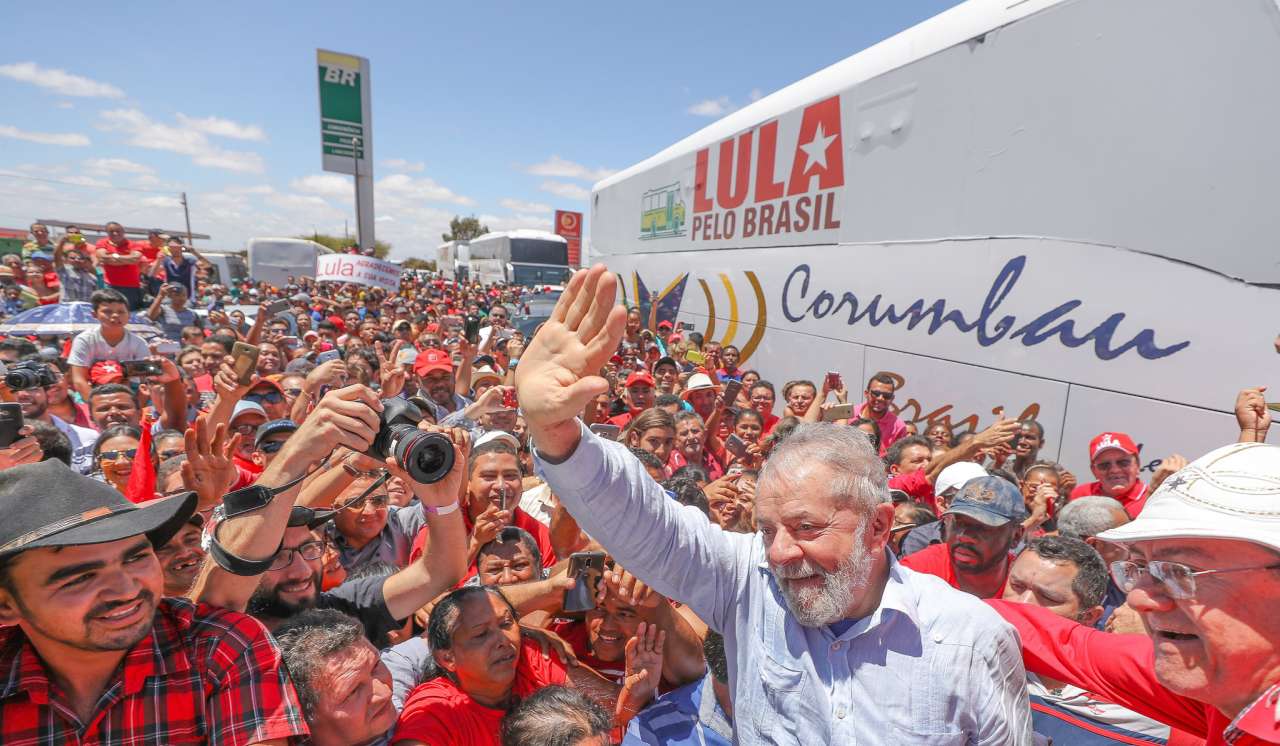
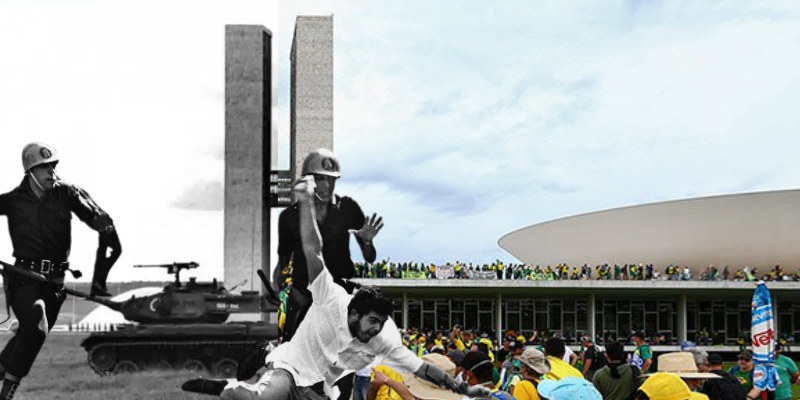

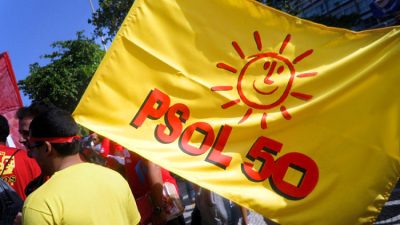
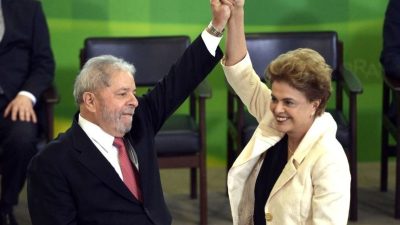
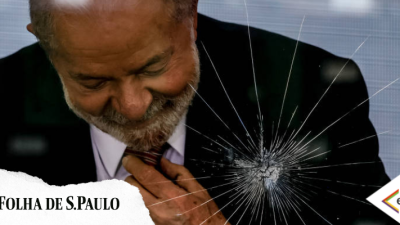

Comentários